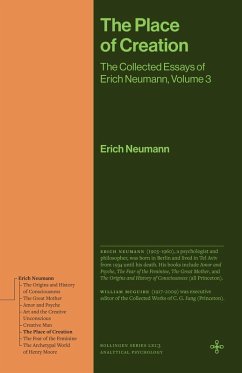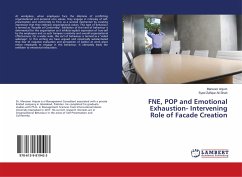Six essays on creativity from one of the twentieth century's foremost Jungian psychologistsErich Neumann, whom C. G. Jung regarded as one of his most gifted students, devoted much of his later writing to the theme of creativity. This landmark book brings together six of Neumann's groundbreaking essays on the subject. He finds his examples not only in the work of writers and artists-William Blake, Johann Wolfgang von Goethe, Rainer Maria Rilke, Franz Kafka, Paul Klee, Marc Chagall, Pablo Picasso, Georg Trakl-but also in that of physicists, biologists, psychiatrists, and philosophers. Confronting the problem of portraying men and women as creative beings, Neumann expands the concepts of Jungian psychology with a more comprehensive definition of the archetype as well as a new concept-unitary reality. The Place of Creation shows how our future as a species depends on whether we can experience ourselves as truly creative, in touch with our own being and that of the world.
Bitte wählen Sie Ihr Anliegen aus.
Rechnungen
Retourenschein anfordern
Bestellstatus
Storno








